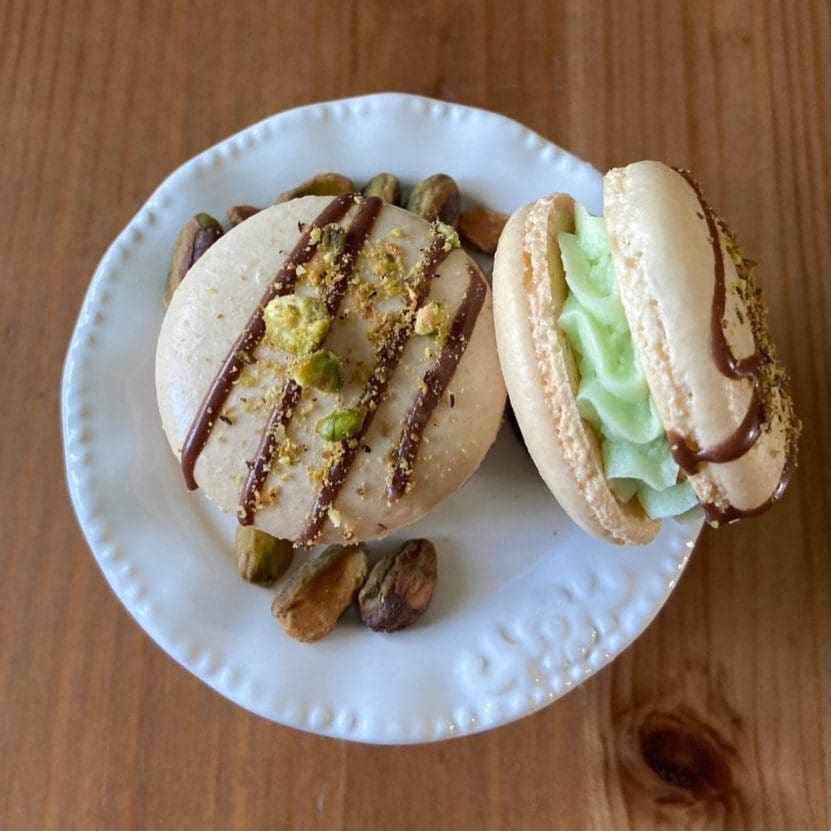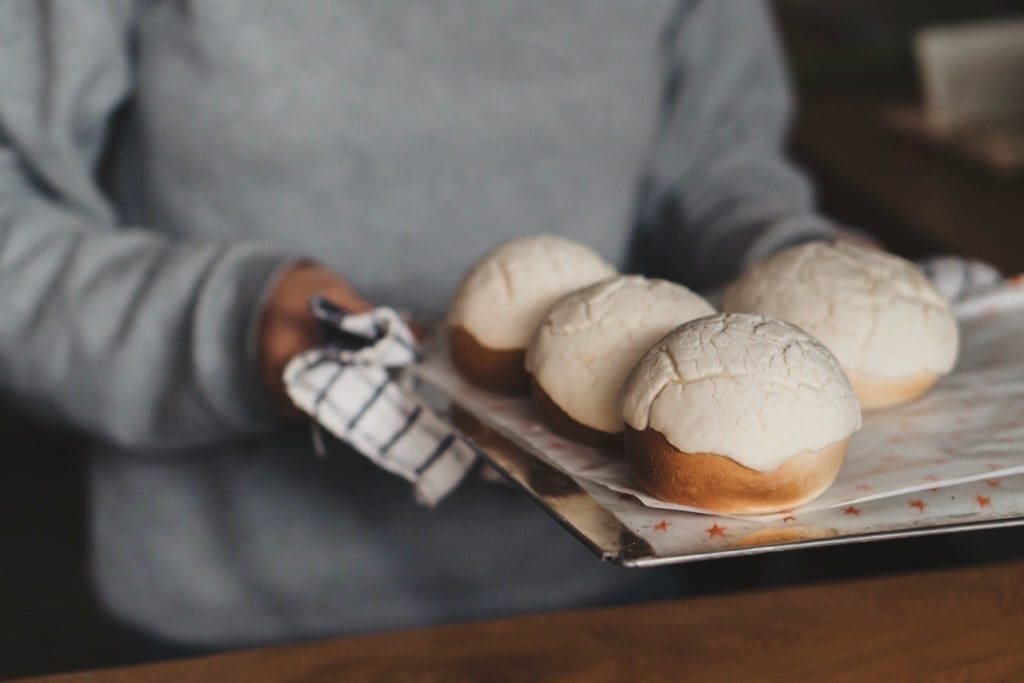Success has never tasted so good. After a long-fought battle, New Jersey home bakers secured the legal right to sell their homemade treats for profit—and right in time for the holiday season. You might not have heard about this struggle until the New Jersey cottage food rule finally went into effect this past October, but this feat was years in the making.
What’s the “Cottage Food” Rule and What Took So Long to Pass It?
Cottage food laws allow people to sell the baked goods they make in their homes. “Cottage food” or non-TCS (temperature controlled for safety) foods include breads, cookies, cakes, brownies, candies, chocolates, granola, fruit jams and jellies, and plenty more.
Versions of this rule exist across the country but, up until October of this year, New Jersey was the only holdout state. Prior to the New Jersey Department of Health’s ruling, home bakers were required to rent out commercial kitchens in order to sell their treats or else face fines up to $1,000, all in the name of public health—despite the fact that 49 other states have allowed the sale of homemade goods without issue for years.

Home bakers in New Jersey have been pushing for this law for more than 10 years. After years of blocked efforts, the New Jersey Home Bakers’ Association, led by three stay-at-home moms, teamed up with the Institute for Justice to file a lawsuit against the state health department in December 2017.
Now, nearly four years after that lawsuit and over a decade of fighting, home bakers in New Jersey have officially declared victory with the new rule.
What’s Happened Since It Went Into Effect?
The New Jersey cottage food business has taken off in the weeks and months since the rule went into effect. As of this writing, there are more than 150 active cottage food permits within the state–and that number is growing.
From chocolates and cupcakes to macarons and baklava, specialty home baking businesses have sprung up in every county across the state.
And though it is now legal and the Department of Health is pumping out permits, more is still happening on this front. On December 6, 2021, the state legislature moved to codify the cottage food regulations with the passage of a bill.

According to the New Jersey Home Bakers Association, which has been closely following all developments related to the state’s cottage food laws, “the bill passed through the Assembly Consumer Affairs Committee on Monday morning, 12/6/21, [and is] on its way back to a full Assembly vote.” It’s important to note that this will have no bearing on active or pending permits.
How Hard Is It to Get a Permit in NJ?
All home baking businesses must receive a permit from the state to sell their treats for profit. In order to obtain one, home bakers must:
- Fill out an application and pay a $100 application fee
- Receive a Food Protection Manager certification via an accredited organization (accepted programs listed by NJDOH)
- Submit a copy of the most recent water bill for the location of the business. Private residences using well water must follow a separate process.
It’s not an extensive process, but these boxes need to be checked before the business is considered legal. Once obtained, permits are valid for two years.
As more businesses continue to get approved, home bakers have been celebrating with pictures of their official cottage food operator permits on social media.
Now What?
In short, get started! Whether you’re a baker or a buyer, the cottage food law is something we can all take advantage of.
Baking entrepreneurs have been getting their businesses established and underway just in time for the holiday season and new year. Sweets enthusiasts can support Jersey’s home baking industry by purchasing (and promoting) their goodies.
It’s worth noting that many of these businesses are just getting off the ground. Therefore, be mindful of capacity constraints or minor bumps along the road, especially with the busier season. Also, be aware that the law prohibits the shipping of purchased homemade items. If you want to avoid a long trip, shop those companies whose treats you can pick up in person.
For more information and updates about the cottage food law in New Jersey, you can follow the NJ Home Bakers Association on Facebook or check out the New Jersey Department of Health website.
Main photo by Alonso Romero
Liana is an editorial assistant intern at The Digest. Her hobbies include reading, writing, and drinking too much coffee.
- Liana Imparatohttps://thedigestonline.com/author/limparato/
- Liana Imparatohttps://thedigestonline.com/author/limparato/
- Liana Imparatohttps://thedigestonline.com/author/limparato/
- Liana Imparatohttps://thedigestonline.com/author/limparato/


